Zimbabwe successfully completed the first round of a vaccination drive against wild poliovirus between October 27 and 30, 2022, reaching 2.2 million eligible children under the age of five, who are most at risk of infection.
The campaign was launched by the Government of Zimbabwe with support from the World Health Organization (WHO) and the Global Polio Eradication Initiative (GPEI) as part of a comprehensive multi-country response to outbreaks of wild poliovirus reported in Malawi and Mozambique in February and May this year respectively.
The GPEI has created ad-hoc messaging and content which is disseminated via local radio stations and national television channels and calls on both men and women to take equally active responsibility for their children’s health.
According to Dr Khalid Abdelrahim, GPEI coordinator in Zimbabwe, the engagement of men like Tawanda helped to ensure the success of the recent vaccination drive. ¨Both fathers and mothers are now aware of the importance of vaccination against vaccine preventable diseases, so both parents equally bring their children to get vaccinated,” he says. “This positive development is the result of Zimbabwe’s strong political commitment in terms of community engagement. ¨
Meanwhile, WHO provided technical guidelines to primary health facilities and supported local health authorities in training almost 7000 health workers across the country to effectively communicate the benefits of the vaccine.
In addition to the vaccination drive, other components of the comprehensive response identified by the MoHCC included ¨strengthening of routine immunization, social mobilization, intensified surveillance and active search for acute flaccid paralysis (AFP)” noted MoHCC Deputy Minister, Dr John Mangwiro.
“Male involvement in routine immunization remains key in improving coverage in Zimbabwe,” says Dr Alex Gasasira, WHO Representative in Zimbabwe. “We must all continue to play our part to ensure that no more children die from polio. To ensure that polio is kept out of Zimbabwe, it will be important to strengthen routine immunization surveillance. We acknowledge the actions that have already commenced in this regard.”

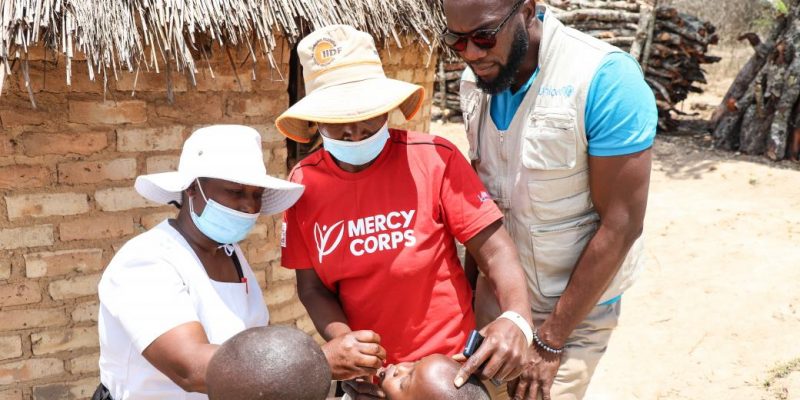
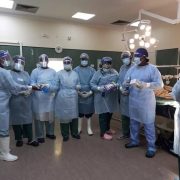
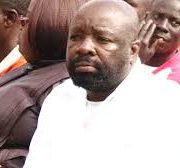
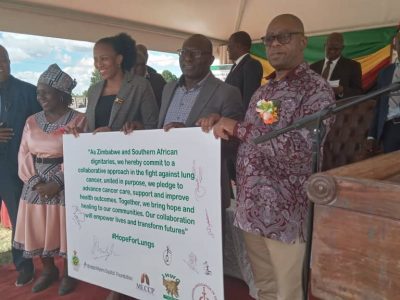
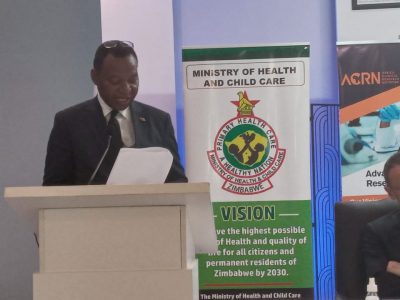
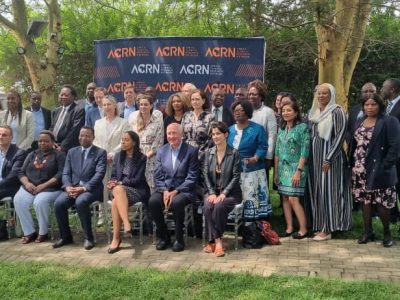
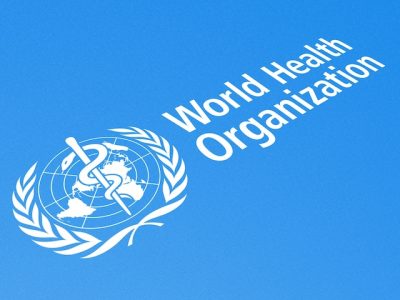
Comments